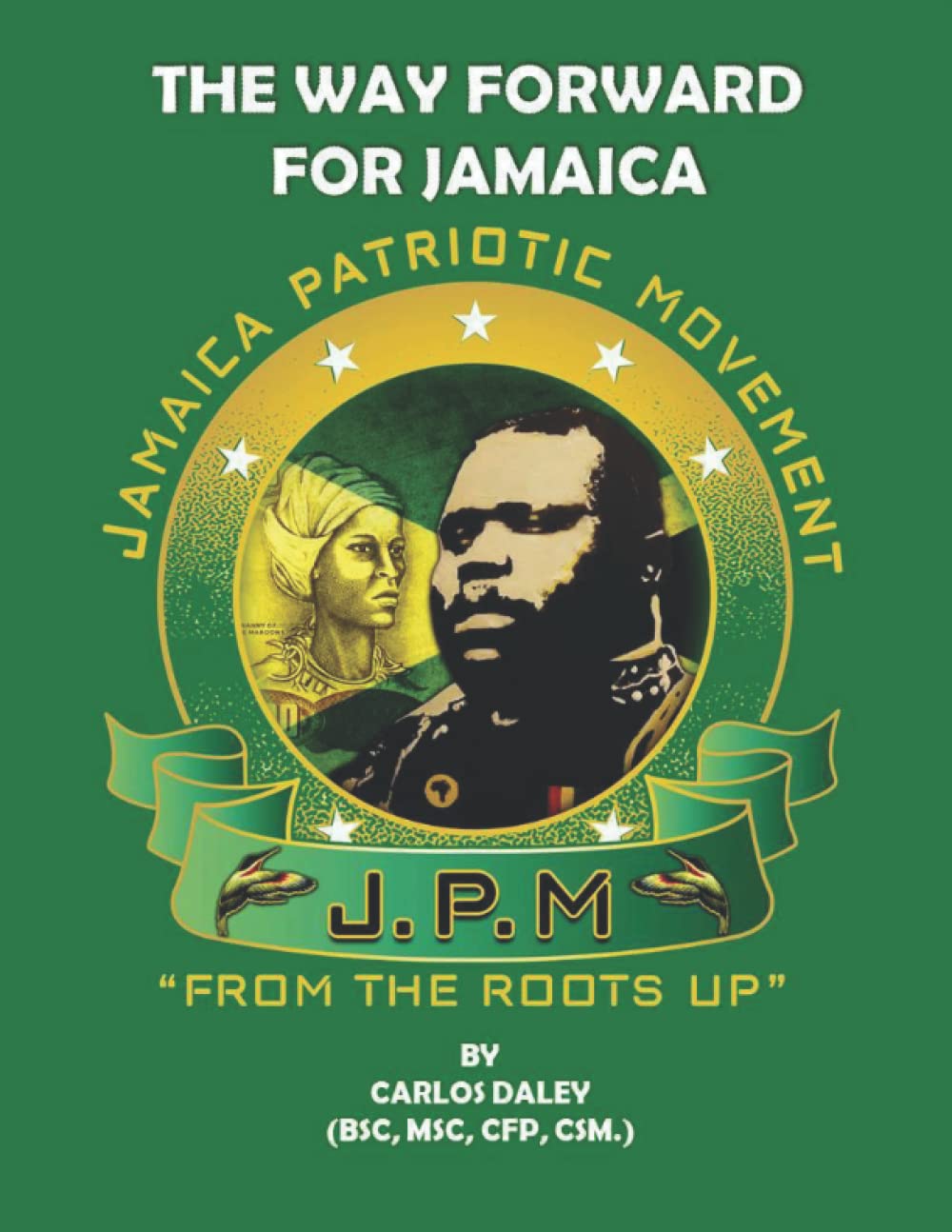EXCERPTS TAKEN FROM YALE UNIVERSITY STUDENT, COREY N. RUNKEL'S FINSAC CASE-STUDY 2021
By now most persons who are interested in Accounts and who love to crunch numbers and interpret tables would have read, what to my mind is a well-researched case study titled 'Jamaica Financial Sector Adjustment Company (FINSAC) – Loan Recovery and Asset Disposal Units written by Yale University student, Corey N. Runkel and published in the Journal of Financial Crises.
Under the heading 'At a Glance' on page 343, in the middle of the final paragraph, Runkel writes "...Loan recoveries proceeded slowly - only J$5.7 billion was recovered by 2001. (Capitals for emphasis) FINSAC SOLD THE BALANCE TO AN AMERICAN BANK IN JANUARY 2002; UNDER THE SALE AGREEMENT, JAMAICA RECEIVED A PORTION OF THE LOAN RECOVERIES BEYOND J$1.1 BILLION ADVANCE.
Why was it necessary for the P J Patterson-led administration, with Omar Davies as the Minister of Finance, to undertake such a transaction?
In the book TOO BLACK TO SUCCEED: THE FINSAC EXPERIENCE by Valerie C. Dixon, in Appendix F on page 219, the former Minister of Industry and Commerce, Claude Clarke, in the then P J Patterson led administration, with Omar Davies as Finance Minister had this to say:
“…In the midst of the most fertile and dynamic world economy in a century, a devastating plague of debt struck Jamaica and no other place on Earth. The deadly virus spread through the economy like an epidemic. Factories collapsed like bodies before the Black Plague.”
Runkel, in his case study, stated that “…Two World Bank loans supported FINSAC in the planning and sale of its Non-Performing Loans (NPLs) to the US-based BEAL BANK, which ultimately resold this debt to the US-based Jamaica Redevelopment Foundation (JRF). (Yes – you read correctly.) FINSAC received public criticism over Jamaica Redevelopment Foundation’s continued pursuit of debtors into the 2010s, the sale of FINSAC’s debts to a FOREIGN DEBT COLLECTOR, and the continued application of interest to principal amounts (Miles 2017).”
The Jamaica Redevelopment Foundation (JRF) is a household name, as it is still in pursuit of debtors into the 2020s. The original Texan debt collector was the late Dennis Joslin, who was the founder of the Jamaica Redevelopment Foundation Inc. (JRF). The JRF, a subsidiary of Beal bank from Texas, had contracted the late Dennis Joslin Jamaica (DJJ) to carry out the loan collections.
It would appear that this foreign Beale Bank subsequently formed the JAMAICA REDEVELOPMENT FOUNDATION in the State of Texas, as well as in Jamaica and that the then Jamaican Government, through the then Minister of Finance, granted them exemption from the Money Lending Act and in so doing, (although the portfolios sold to them were supposed to be PRINCIPAL ONLY, as were taken from the banks), it allowed this foreign Collection Agency to use the principal plus interests and penalties, an action that is ILLEGAL in the United States and especially in Texas, the first state to enact laws for consumer protection, referencing specifically accrual of interest on Non-Performing Loans (NPL) – (IRS – THE TEXAS USURY TRAP?).
Conclusion to PART 1:
It is difficult for thinking persons not to draw the conclusion that the then Minister of Finance was aware of these laws, and especially the Usury Laws of Texas, hence the reason he made the decision to amend the Money Lending Act to accommodate Jamaica Redevelopment Foundation (JRF) to illegally extort maximum returns from each loan, in total disregard for the plight of the 44,000 local businesses which were devastated by the harsh economic condition of the 1990s at a time, as former Minister Claude Clarke said in Appendix F page 219 TOO BLACK TO SUCCEED: THE FINSAC EXPERIENCE by Valerie C. Dixon “…Thousands of healthy Jamaican businesses, some of which had grown to become regional and world-beaters, were disdainfully discarded by our national economic stewards as “bad debtors who were greedy and did not know how to run their businesses”. And sadly, the most gullible Jamaican population at the time bought into this terrible lie. Just to give an example, Mutual Life Insurance Company, co-founded by our national hero George William Gordon, was over 100 years when it was deliberately destroyed, was one of the insurance companies that was a so-called “bad debtor that did not know what it was doing.”
Corey N. Runkel’s case study is very useful, as it highlights (knowingly or unknowingly) possible reasons why some FINSAC Debtors are still being hounded in 2022 by the JRF, to seize their homes and other assets, since borrowers posted real estate as collateral for many loans. After 25 years, FINSAC cannot be wound up, as it was and may still be a party to several ongoing court cases. Many persons are still suffering from the actions of the US-Based Jamaica Redevelopment Foundation (JRF), and in many instances, the very people (read lawyers) who were supposed to assist them, are the very ones, it would seem, who have taken advantage of them.
Read Appendix B in the book TOO BLACK TO SUCCEED: THE FINSAC EXPERIENCE by Valerie C. Dixon, the article by Garfield Higgins titled ‘OMAR WOULD HAVE SERVED JAMAICA BETTER HAD HE STAYED IN ACADEMIA’.


